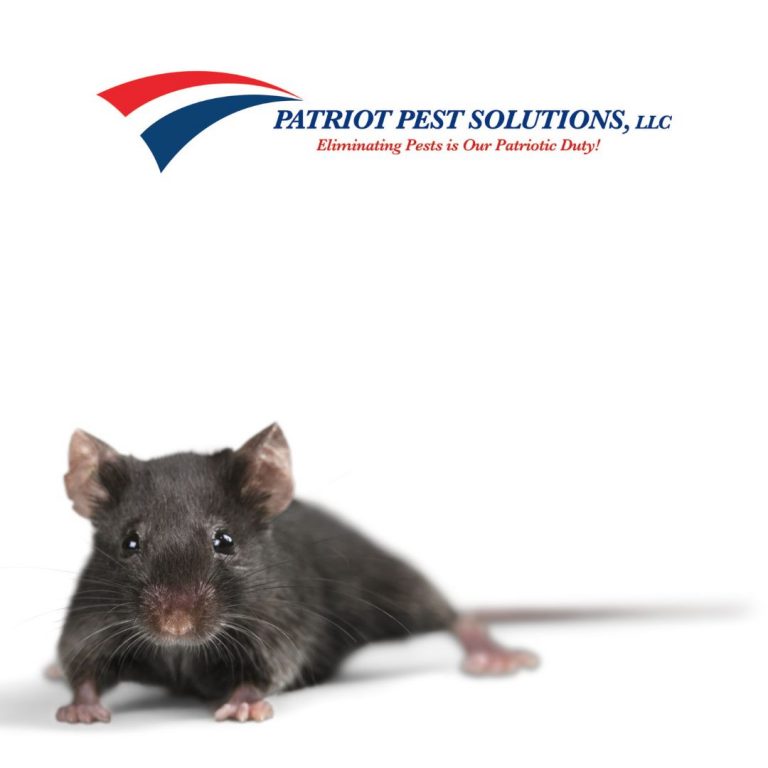Rodents. They’re small but mighty nuisances that can turn any home into a nightmare. They gnaw through wires, contaminate food, and spread diseases. If you’ve been battling these pesky invaders, you know just how challenging it can be to keep them out. But don’t worry—you’re not alone, and help is here. In this blog post, we’ll share unique and effective tips to ensure your home remains rodent-free. Whether you’re dealing with an infestation or looking to prevent one, you’ll find practical advice to make your home a fortress against these unwelcome guests.
Understanding the Rodent Menace
Rodents are more than just a minor inconvenience. They pose serious health risks and can cause significant property damage. Mice and rats are the most common culprits, known for their ability to squeeze through tiny openings and reproduce at alarming rates. Understanding their habits and what attracts them to your home is the first step in keeping them out for good.
Why Rodents Invade Homes
Rodents invade homes primarily in search of food, water, and shelter. Your home offers a warm and safe environment, especially during colder months, making it an ideal nesting ground. They are attracted to food crumbs, pet food, and even garbage. Identifying and eliminating these attractants can significantly reduce the likelihood of an invasion.
The Risks Posed by Rodents
The presence of rodents in your home is more than just an annoyance. They carry diseases such as Hantavirus, Salmonella, and Leptospirosis, which can be transmitted to humans. They also chew on electrical wires, leading to potential fire hazards. Knowing these risks underscores the importance of taking immediate action to rodent-proof your home.
Common Signs of a Rodent Infestation
Spotting rodents can be tricky, but they often leave behind telltale signs. Look for droppings, gnawed items, and oily marks along walls where they travel. You might also hear scratching noises at night or find nests made from shredded materials. Identifying these signs early can help you address the problem before it escalates.
Sealing Entry Points
One of the most effective ways to keep rodents out is by sealing their entry points. These critters can squeeze through openings as small as a dime, so it’s essential to thoroughly inspect your home and close off any potential entryways.
Inspecting Your Home
Start by inspecting the exterior of your home, including the foundation, walls, and roof. Look for gaps, cracks, and holes. Pay special attention to areas where utilities enter the building, such as pipes and cables. Even the smallest openings can become gateways for rodents.
Using the Right Materials
When sealing entry points, use durable materials like steel wool, hardware cloth, and caulk. Steel wool is particularly effective because rodents cannot chew through it. For larger gaps, consider using metal sheeting or cement. Ensure that all materials are securely fastened to prevent rodents from pushing them aside.
Regular Maintenance
Regularly inspect your home for new potential entry points, especially after extreme weather conditions. Over time, buildings settle and materials wear down, creating new opportunities for rodents to get in. Staying vigilant and conducting routine maintenance can keep your defenses strong.
Keeping Your Home Clean
A clean home is less attractive to rodents. By eliminating their food and water sources, you make your home a less inviting place for these pests.
Proper Food Storage
Store food in airtight containers made of metal or thick plastic. This includes pet food and birdseed, which can be particularly enticing to rodents. Keep pantry items off the floor and regularly check for any signs of tampering.
Regular Cleaning Practices
Regularly clean your kitchen, dining areas, and any place where food is consumed. Sweep up crumbs, wipe down surfaces, and take out the trash frequently. Pay attention to hidden areas like under appliances and behind furniture where food particles can accumulate.
Managing Waste
Keep garbage cans tightly sealed and dispose of waste regularly. Use outdoor bins with secure lids to prevent rodents from accessing your trash. Compost bins should also be kept away from the house and properly maintained to avoid attracting pests.
Homemade Repellent Sprays
You can create your own rodent-repellent spray using ingredients like vinegar, garlic, and hot peppers. Mix these with water and spray around entry points and areas where rodents are active. The strong scents can help keep them at bay.
Building a Rodent-Proof Garden
Your garden can either be a sanctuary or a magnet for rodents. Implementing a few strategic practices can make all the difference.
Raised Garden Beds
Raised beds can help deter rodents by elevating your plants and making it harder for them to reach. Use materials like metal or treated wood to construct the beds, and install hardware cloth beneath to prevent burrowing.
Fencing and Barriers
Install fencing around your garden using materials that rodents cannot chew through, such as metal or heavy-duty plastic. Bury the fence at least a foot underground to prevent rodents from digging underneath.
Companion Planting
Plant rodent-repellent species alongside your vegetables and flowers. For example, garlic and onions can deter rodents while providing you with fresh produce. This method not only protects your garden but also enhances biodiversity.
Leveraging Pets in Rodent Control
Pets can be a valuable asset in the fight against rodents. Cats, in particular, are natural predators that can help keep rodent populations in check.
Cats as Natural Rodent Deterrents
A cat’s presence alone can be enough to deter rodents. If you have a cat, encourage it to spend time in areas where rodents are active. Just ensure that your cat is safe and does not come into contact with any harmful rodenticides.
Dogs and Rodent Detection
Certain dog breeds, such as terriers, are excellent at detecting and catching rodents. If you have a dog, allow it to patrol the yard and alert you to any rodent activity. Be sure to provide training and supervision to keep your pet safe.
Creating a Pet-Friendly Environment
While pets can help with rodent control, it’s important to create an environment where they can safely do so. Avoid using toxic rodenticides and traps that could harm your pets. Opt for pet-safe alternatives and consult your veterinarian for advice.
Professional Rodent Control Services
Sometimes, despite your best efforts, professional help may be needed to deal with a severe rodent infestation.
When to Call a Professional
If you’ve tried multiple methods and still have a rodent problem, it’s time to call in experts. Professional pest control services have the tools and expertise to effectively eliminate rodents and prevent future infestations.
What to Expect from a Professional Service
Professional services will conduct a thorough inspection of your home, identify entry points, and develop a customized treatment plan. They may use a combination of traps, baits, and exclusion techniques to rid your home of rodents.
Long-Term Prevention
After the initial treatment, professional services often provide ongoing monitoring and maintenance to ensure that rodents do not return. Regular check-ups and preventive measures can keep your home rodent-free in the long run.




